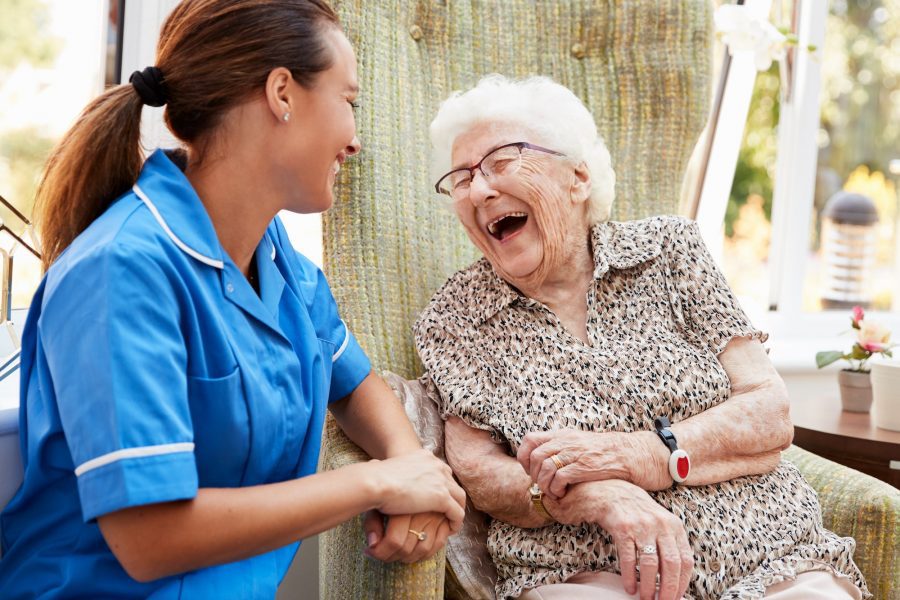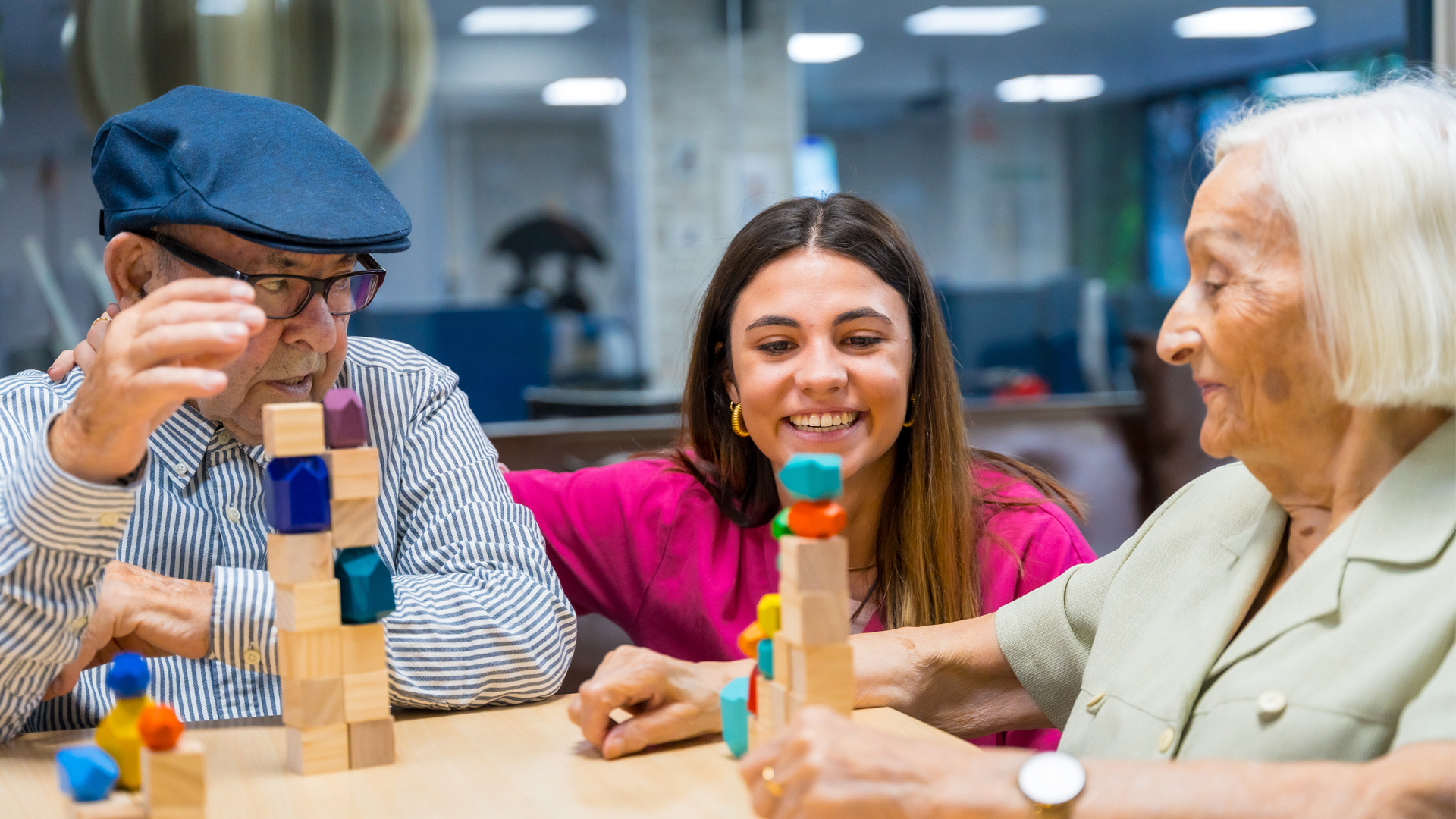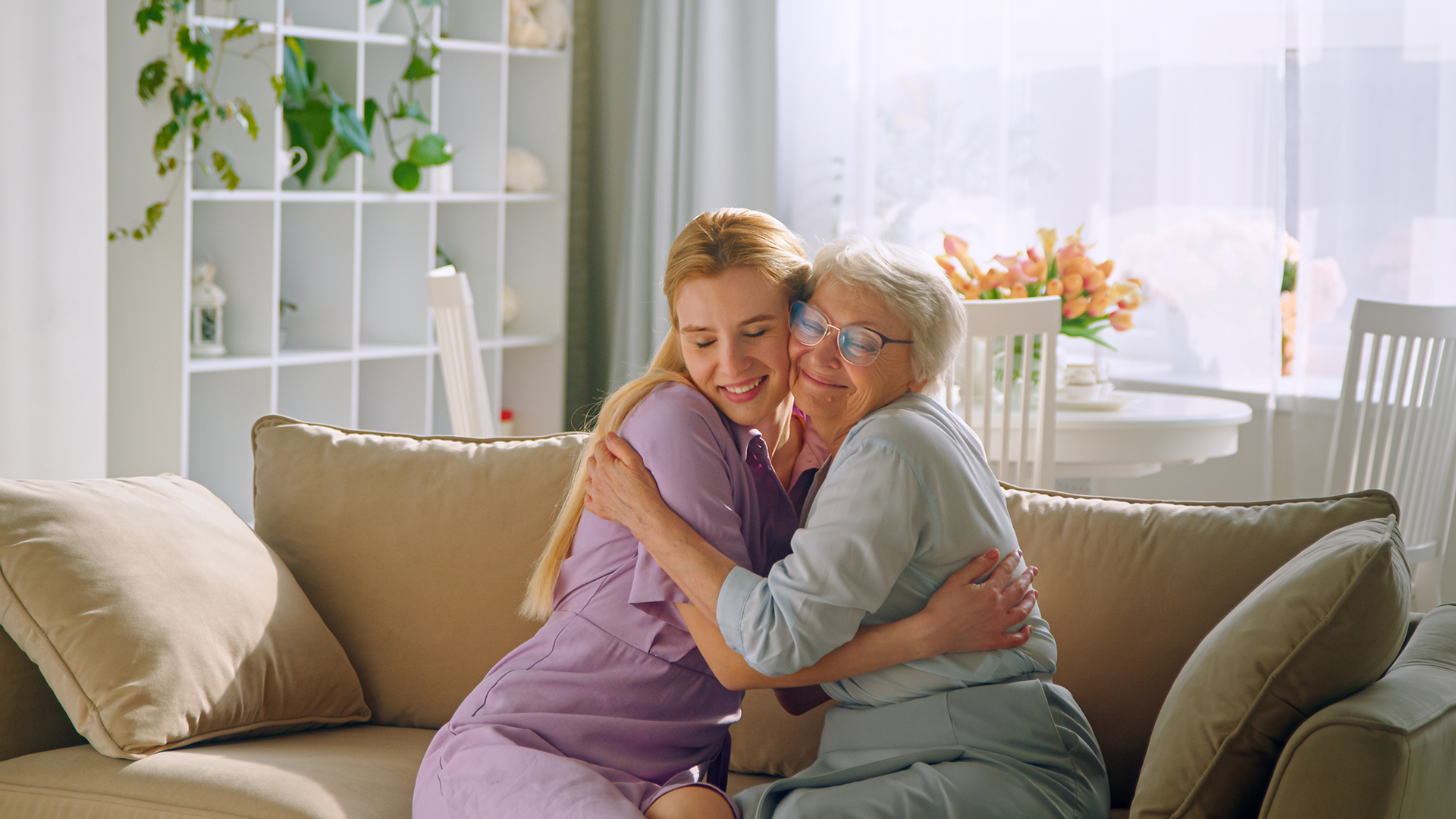As we settle into the heart of summer – a season often synonymous with vacation, picnics, and outdoor activities – it is crucial to consider how sweltering temperatures can affect older adults. At Legacy Homecare LA, we recognize the importance of protecting your loved ones from heat-related illnesses. Any discussion of staying healthy in summer weather should include an essential question: What temperature is too hot for older adults?
Understanding Heat Intolerance
Heat intolerance, or a heightened sensitivity to warmer temperatures, is more common in older adults. With age, our bodies’ ability to regulate temperature deteriorates, making us more susceptible to heat-related problems. Seniors are particularly at risk due to chronic illnesses and medications that can affect their ability to regulate their body temperature.
Additionally, conditions like Alzheimer’s, dementia, and ALS can make it more challenging for people to communicate when they are uncomfortable or take necessary steps to cool down. This scenario makes it even more critical for caregivers to recognize the warning signs of heat-induced illness.
Warning Signs of Heat-Induced Illness
Potential red flags of heatstroke and other heat-induced illnesses include:
- Excessive sweating or lack of sweating
- Fatigue and weakness
- Dizziness and fainting
- Rapid or slowed heartbeat
- Headaches
- Muscle or abdominal cramps
- Nausea or vomiting
- Dry, flushed skin
- Disorientation or confusion
If an older adult presents any of these symptoms, it’s crucial to act quickly. Move them to a cool place, hydrate them, and seek medical attention if necessary.
Why Are Older Adults More Vulnerable to Hot Weather?
Experts generally agree that extended exposure to temperatures of 90 degrees Fahrenheit or higher can pose a risk to older adults. However, even lower temperatures can be harmful, especially if humidity levels are high. Humidity makes the air feel warmer, which can exacerbate heat-related issues.
Older adults are more susceptible to heat due to several reasons. Consult with your loved one’s health provider with any concerns or precautions necessary for dealing with high temperatures.
- Decreased sweat production: With age, the body tends to produce less sweat, making it harder to cool down.
- Chronic health conditions: Health conditions like heart disease can make it more challenging for the body to circulate blood and dissipate heat effectively.
- Medications: Some medications can affect the body’s ability to regulate temperature or cause dehydration, increasing the risk of heatstroke.
Keeping Older Adults Comfortable During Summer
Here are several practical tips to keep older adults comfortable and safe during hot summer days.
1. Stay Hydrated
Encourage your loved one to drink plenty of water, even if they say they’re not thirsty. Avoid caffeinated or alcoholic beverages, which can lead to dehydration.
2. Wear Appropriate Clothes
Lightweight, loose-fitting, and light-colored clothing can help keep the body cool. A hat or umbrella can provide extra protection from the sun.
3. Stay Indoors During Peak Heat
Plan outdoor activities for early morning or evening. During peak heat hours, stay inside in an air-conditioned or fan-cooled environment.
4. Cool Down
Cool showers, baths, or sponge baths can be refreshing and decrease body temperature.
5. Monitor Health
In the summer, keep an eye out for signs of heat-induced illnesses. Be vigilant about potential changes in your loved one’s behavior, especially if they have cognitive impairment.
Providing Exceptional Year-Round Care
At Legacy Homecare LA, we prioritize our clients’ health and well-being above all else. We understand that the summer heat can pose additional challenges for older adults, especially those living with specific health conditions. By being prepared and proactive, our highly trained Care Companions can ensure a safe and comfortable summer for your loved one. Contact us today to learn what we offer and how we can give you more peace of mind for your family.






